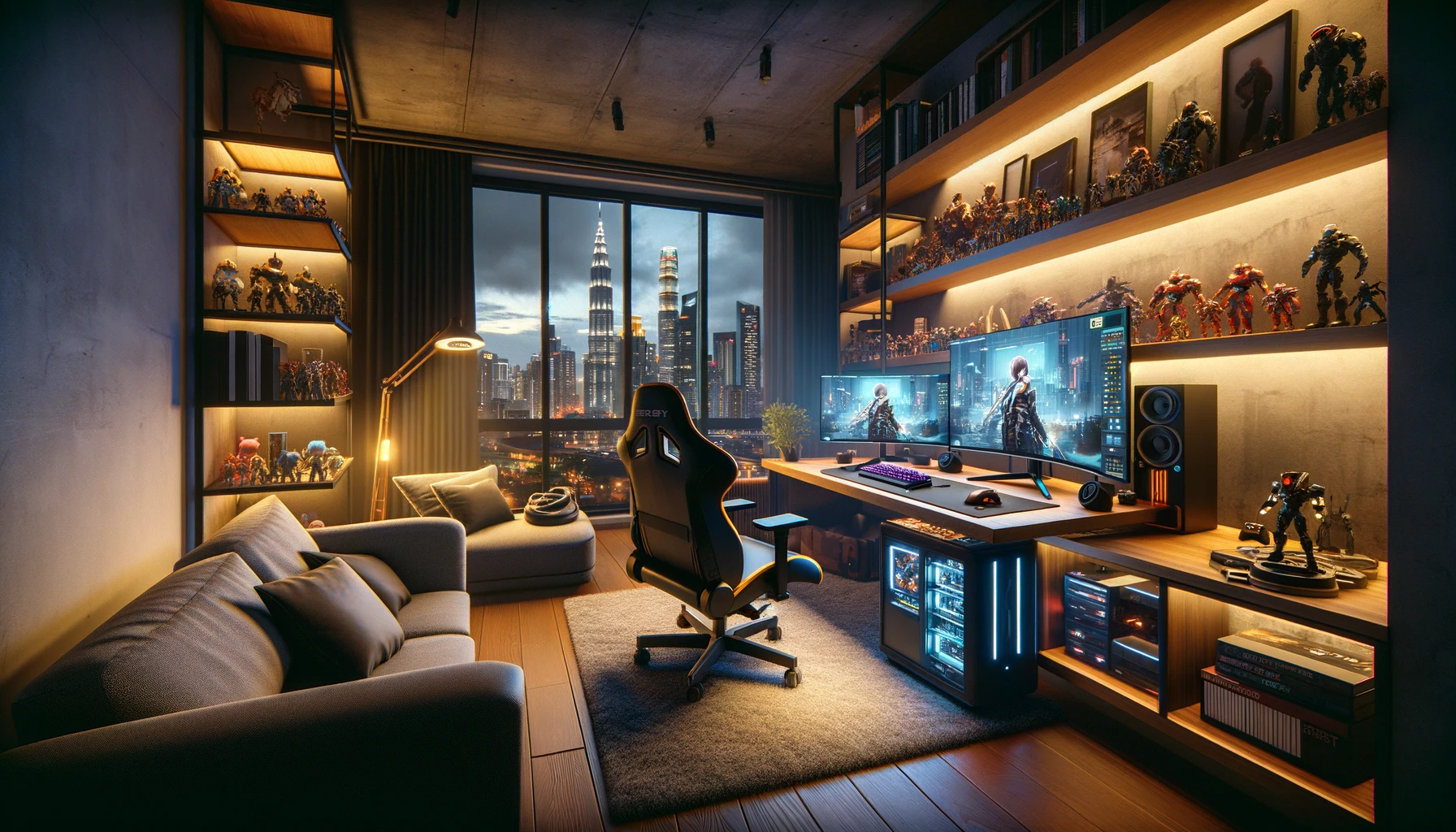A prominent figure in the fighting game industry, Katsuhiro Harada, has provided insights into the shifting attitudes towards competitive gaming among different generations. During a discussion with Shuhei Yoshida on the AIAS Game Maker’s Notebook podcast, Harada commented on the contrasting preferences between his generation, notably competitive and outcome-oriented, and younger players who seem to favor team-based games. Harada observed that younger players might prefer team environments as it allows for shared responsibility in the event of a loss, unlike one-on-one fighting games that leave no room for blame-shifting.
In the gaming community, the discussion around the competitive nature of fighting games versus team-based games has been ongoing. Older generations, accustomed to the high stakes and personal accountability of head-to-head battles, often find themselves at odds with younger gamers who have grown up with team-oriented games. This has led to an ongoing debate about the future of fighting games and how they can adapt to maintain player interest. The evolving landscape of gaming suggests that developers may need to explore new formats and features to appeal to a broader audience without compromising the essence of the fighting game genre.
Generational Divide in Gaming Competition
Harada, a veteran in the fighting game scene, has seen firsthand the evolution of player attitudes. He contrasts his own generation’s penchant for definitive competition with younger gamers’ reluctance to engage in one-on-one showdowns. The stark difference lies in accountability; losing a solo match in a fighting game leaves the player as the sole bearer of the outcome, whereas team-based games provide a buffer, with the possibility of attributing defeat to the collective’s performance.
Fighting Games in the Face of Evolving Preferences
Despite noting these generational differences, Harada does not predict the demise of fighting games. Instead, he suggests incorporating alternative competitive formats, such as team battles, into the genre. By integrating modes like three-on-three matches into official rankings, fighting games could offer a different approach to competition that aligns more closely with the preferences of younger players, without forsaking the core one-on-one gameplay.
In an analysis of related gaming articles, Engadget in “The rise of co-op gaming and its impact on the industry” explores the growing popularity of co-operative play in video games. The article highlights how developers are introducing co-op modes to keep players engaged. GameSpot, with “How team-based gameplay is shaping the future of multiplayer games,” examines the influence of team play on game design and player experience. Both articles underscore a shift towards multiplayer experiences that emphasize teamwork and shared objectives, illustrating the broader trend that Harada’s observations are part of.
Expanding the Appeal of Competitive Gaming
Harada contemplates the idea of diversifying the competitive structure of Tekken’s online mode, suggesting that incorporating team or regional-based competitions could add layers of meta-gaming to the experience. This reflects a growing desire within the gaming community for more varied and social competitive formats, potentially leading to innovations in how fighting games are played and enjoyed online.
Useful information for the reader
- Generational gaming preferences influence game design.
- Team-based modes may rejuvenate interest in fighting games.
- Adapting to player needs is crucial for the genre’s longevity.
Harada’s insights into generational gaming preferences suggest that the fighting game industry is at a crossroads, where adapting to new trends is as important as preserving the competitive spirit that defines it. By considering the integration of team-based elements, fighting game developers can cater to a wider audience while maintaining the core essence of one-on-one competition. The success of such adaptations could define the future of fighting games and their place in the evolving gaming landscape, offering players both traditional and innovative ways to engage in competitive gaming.










